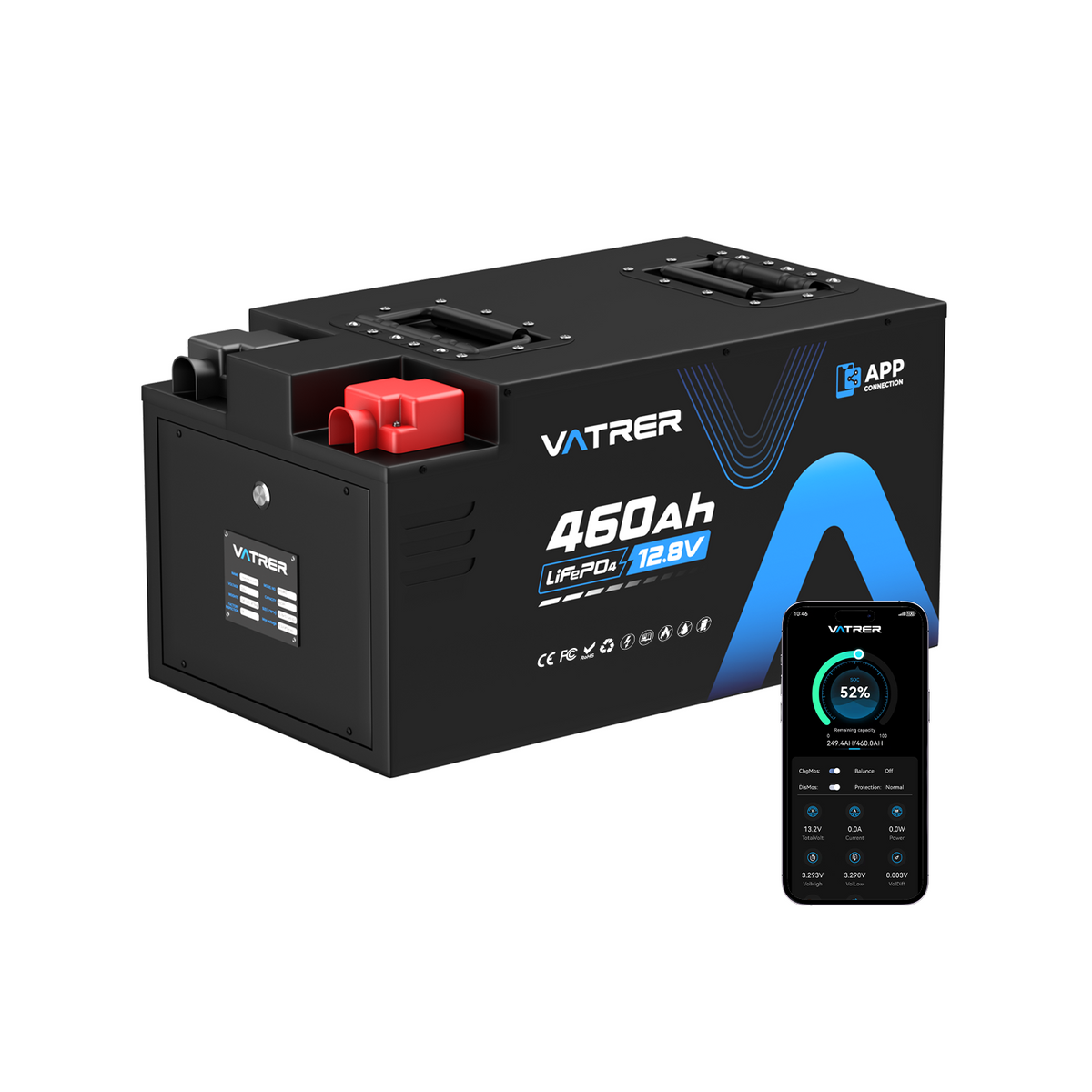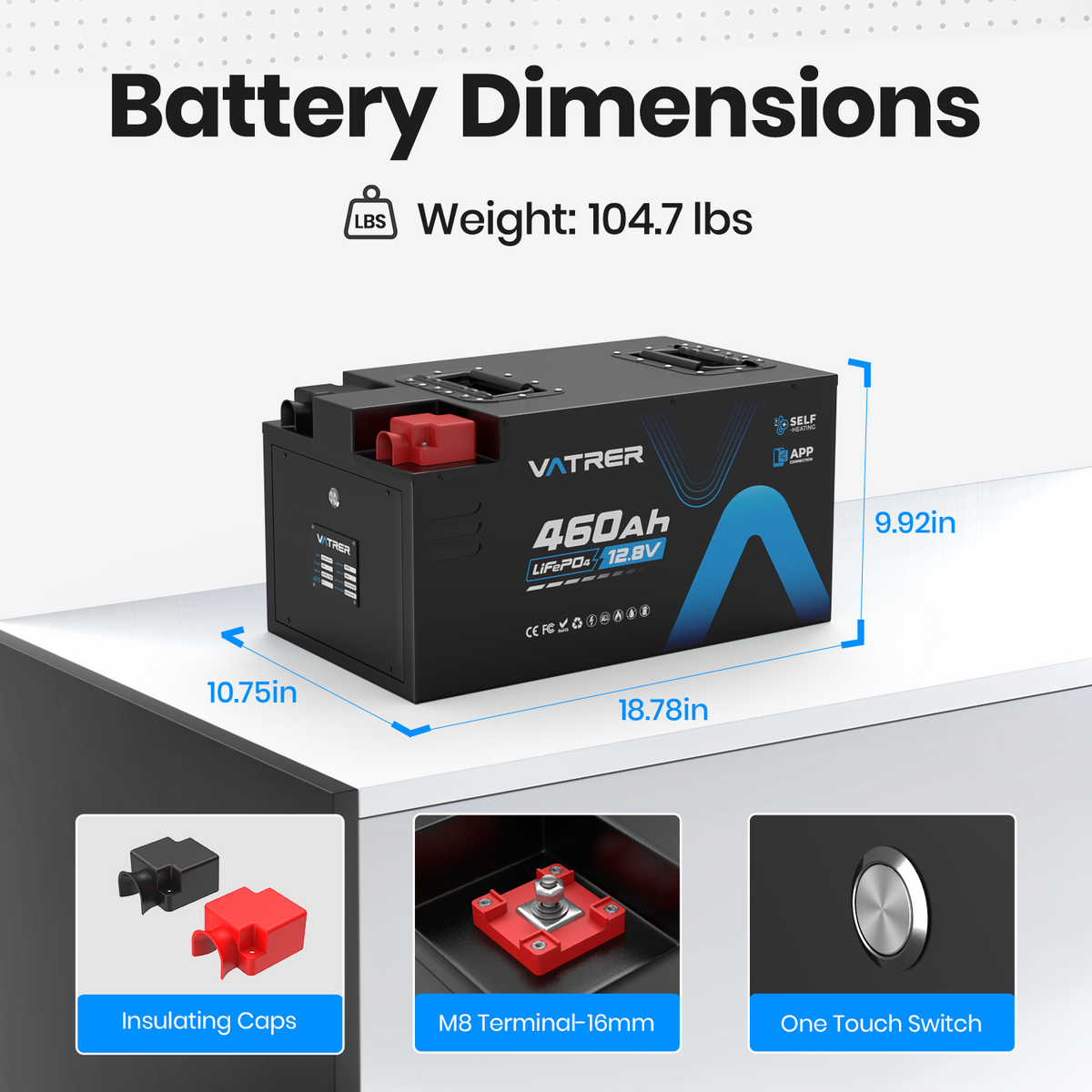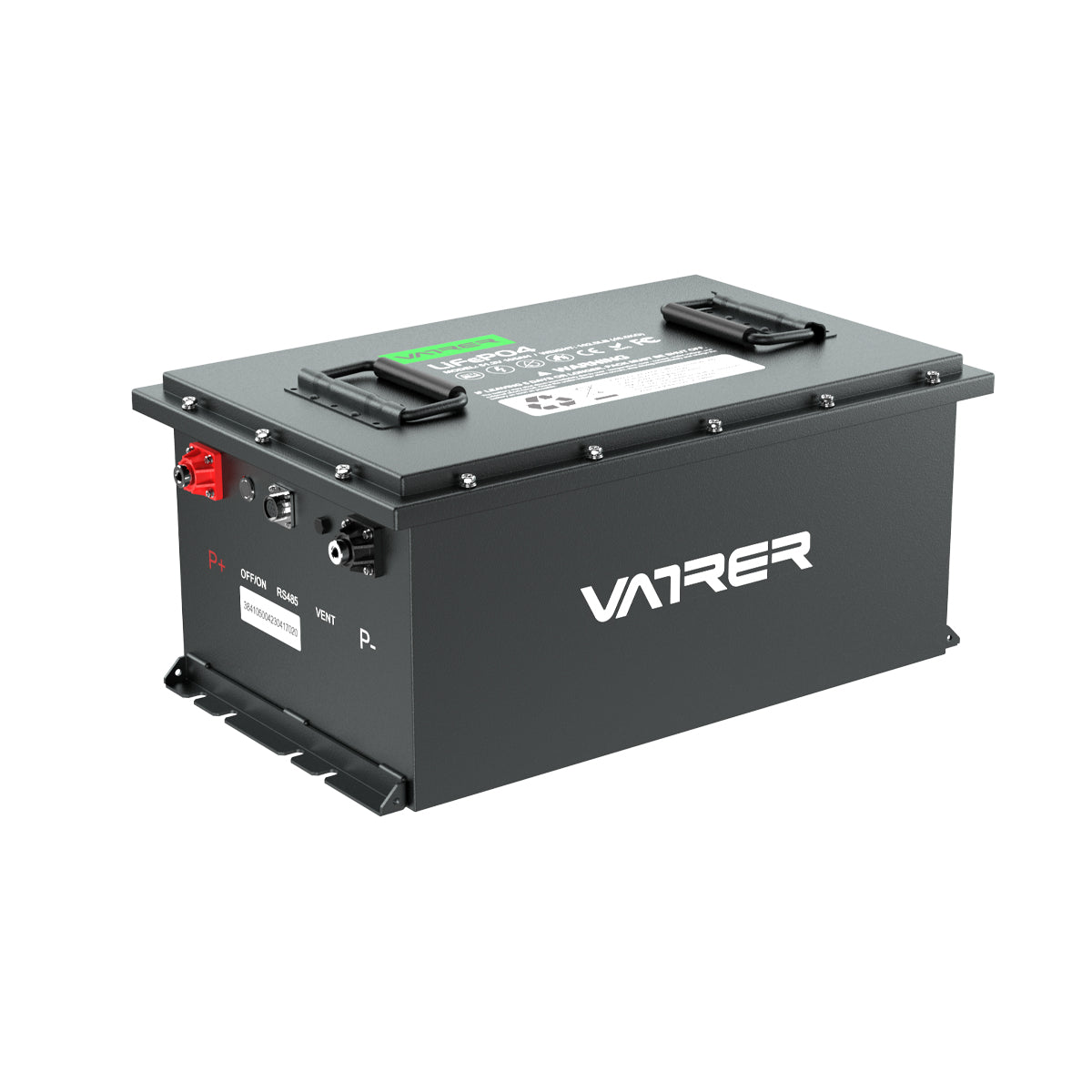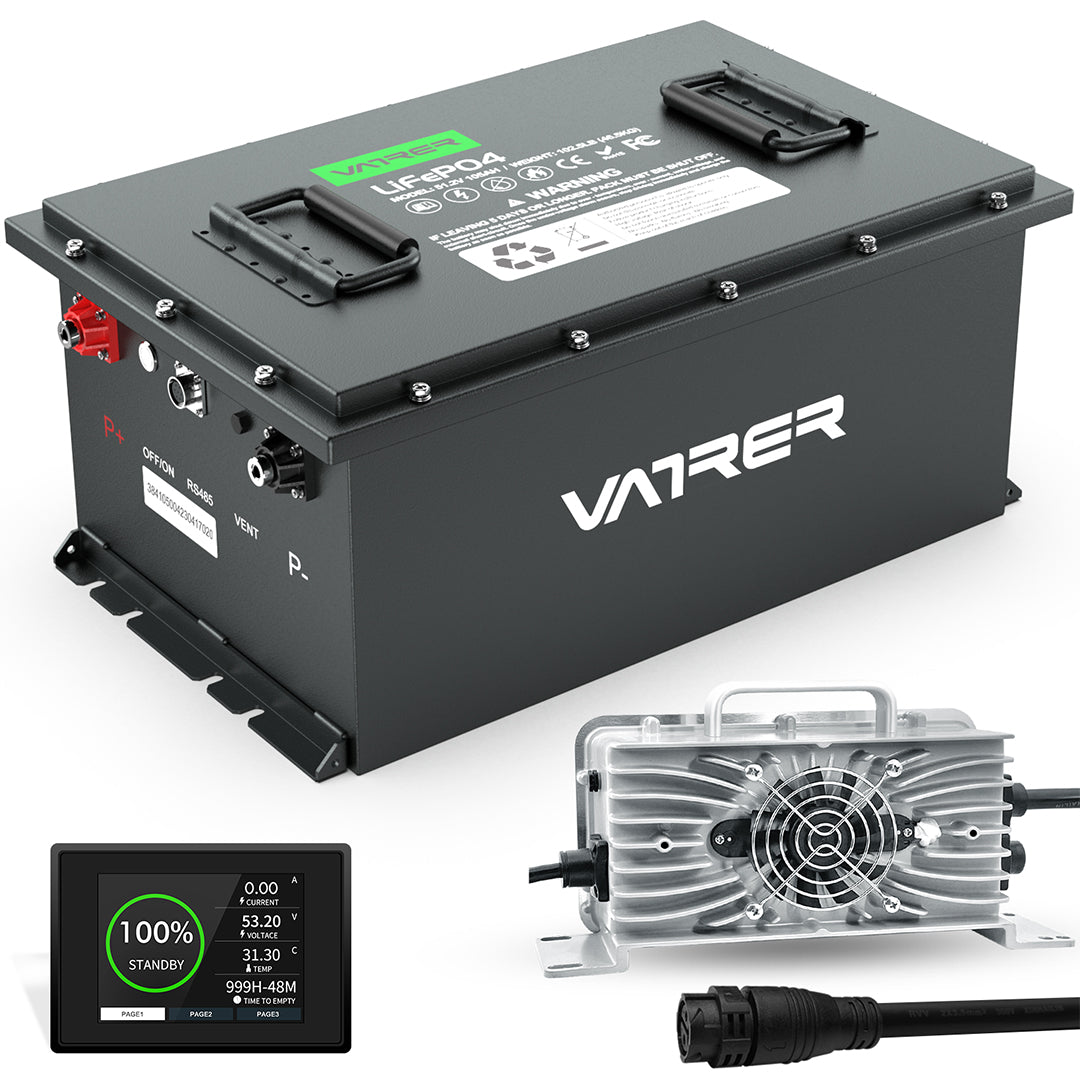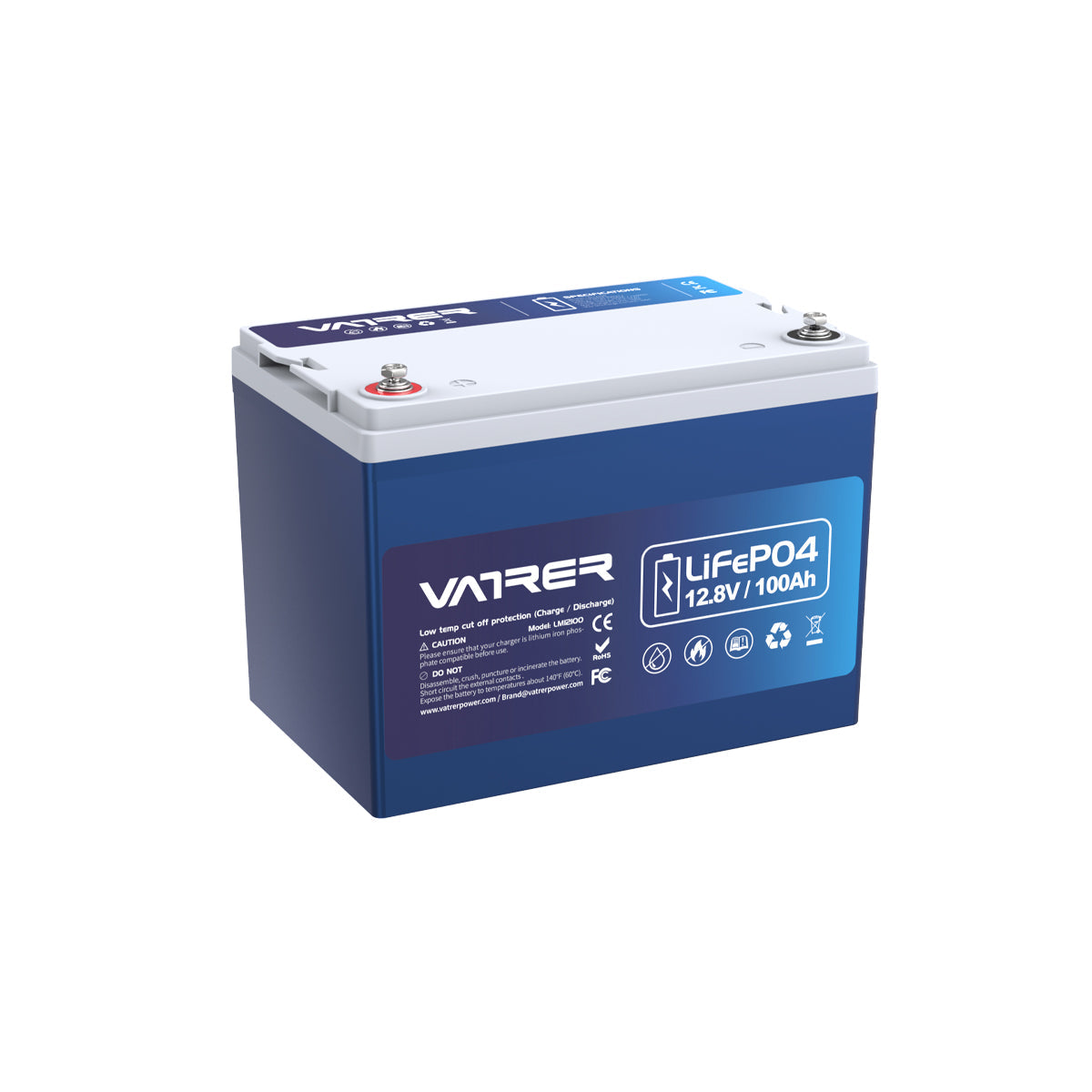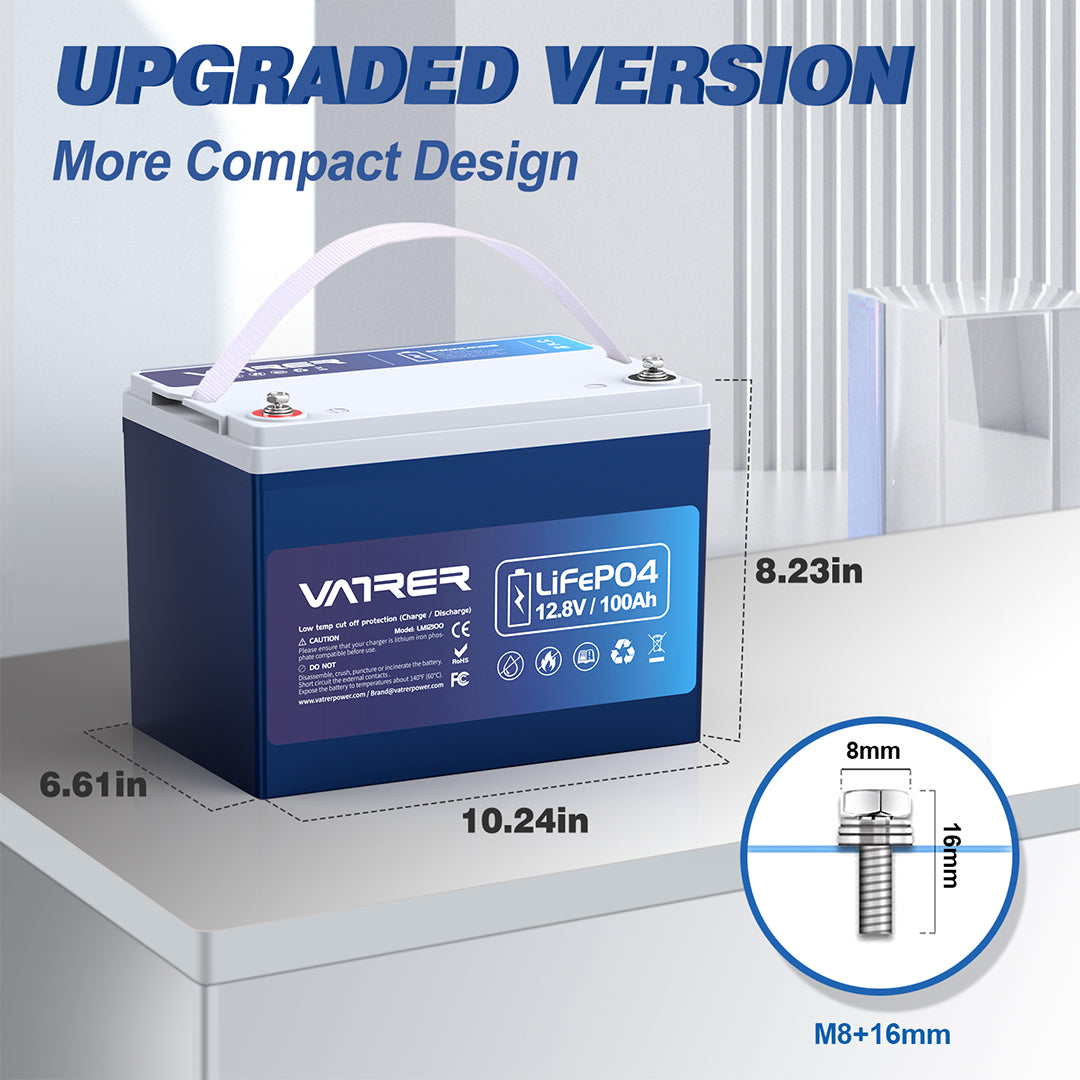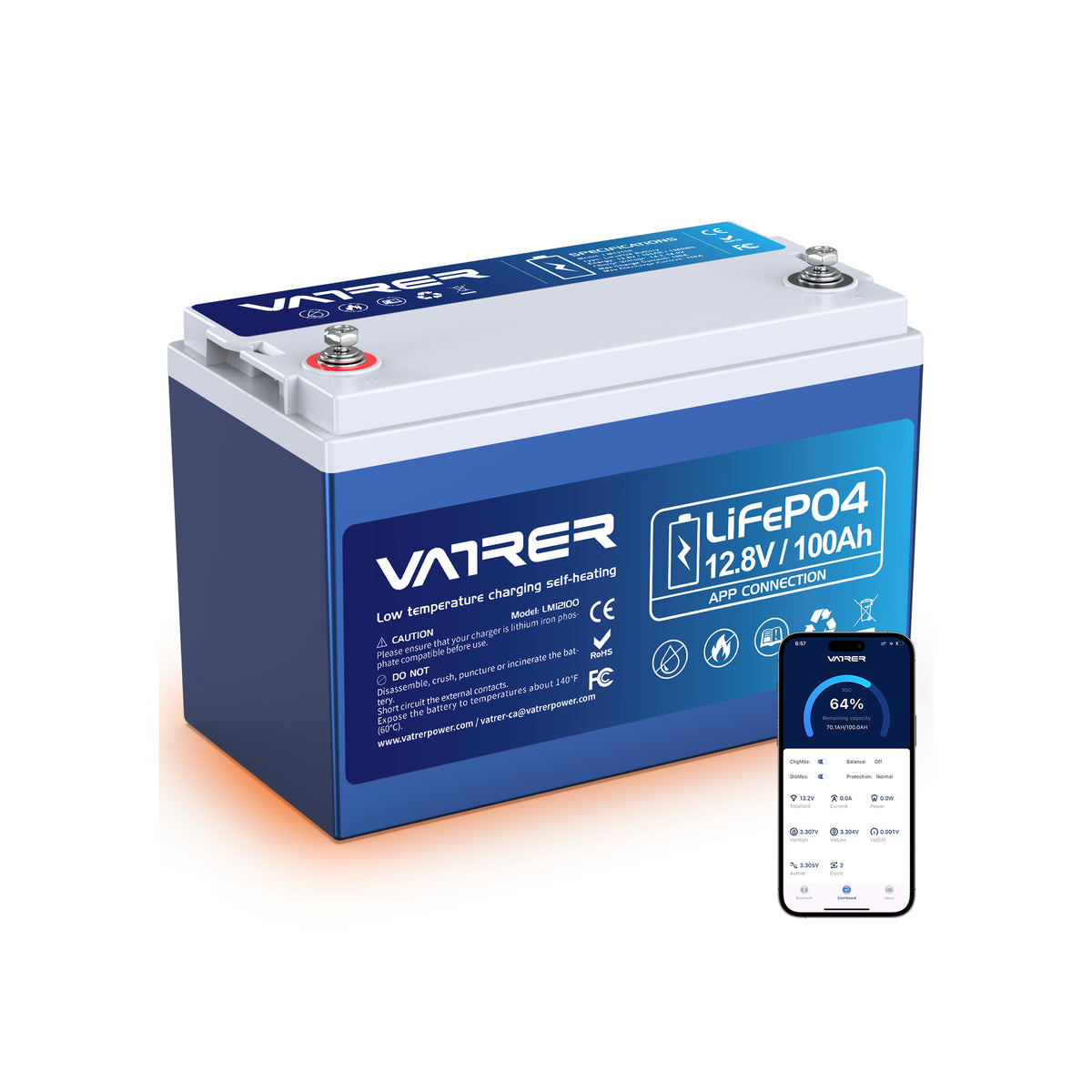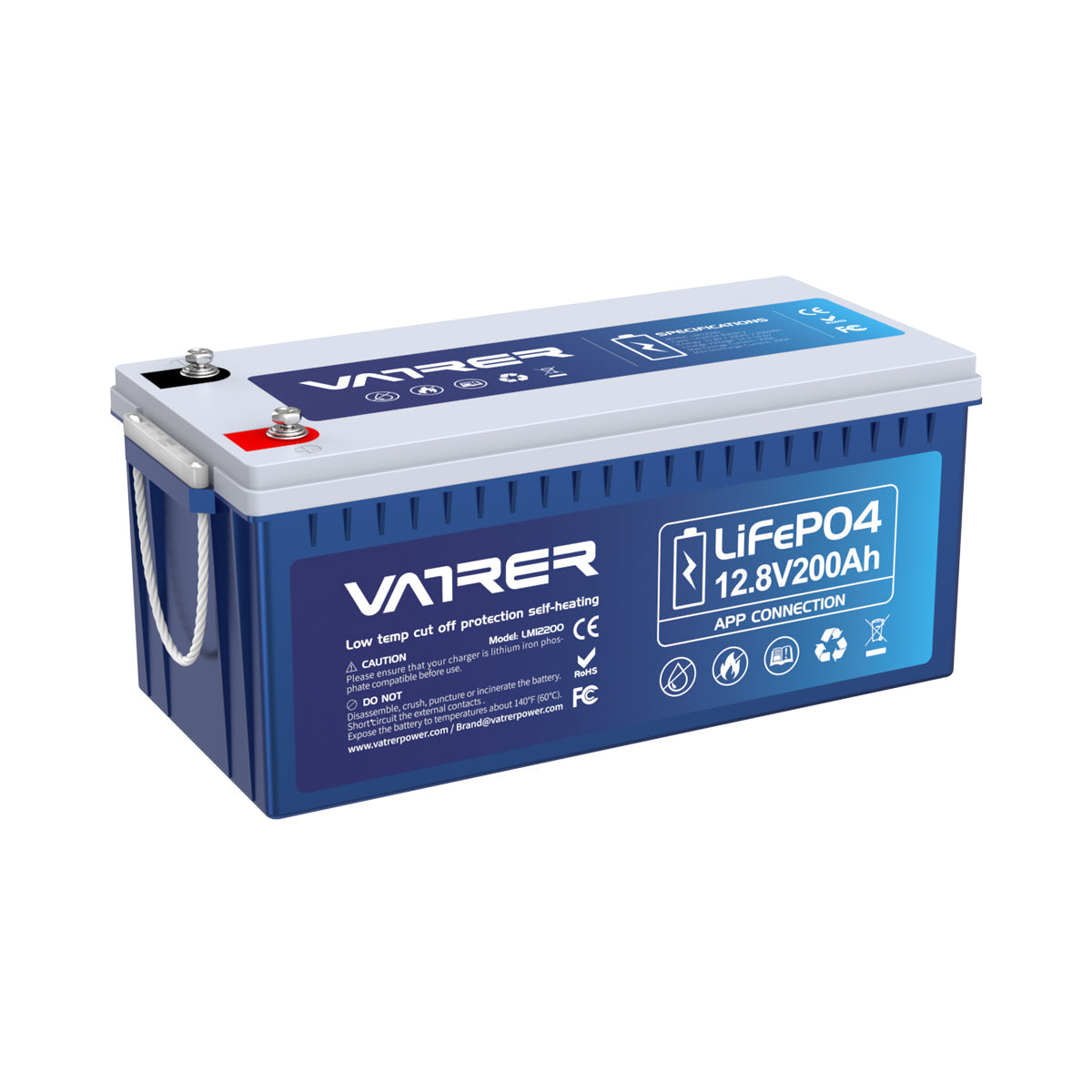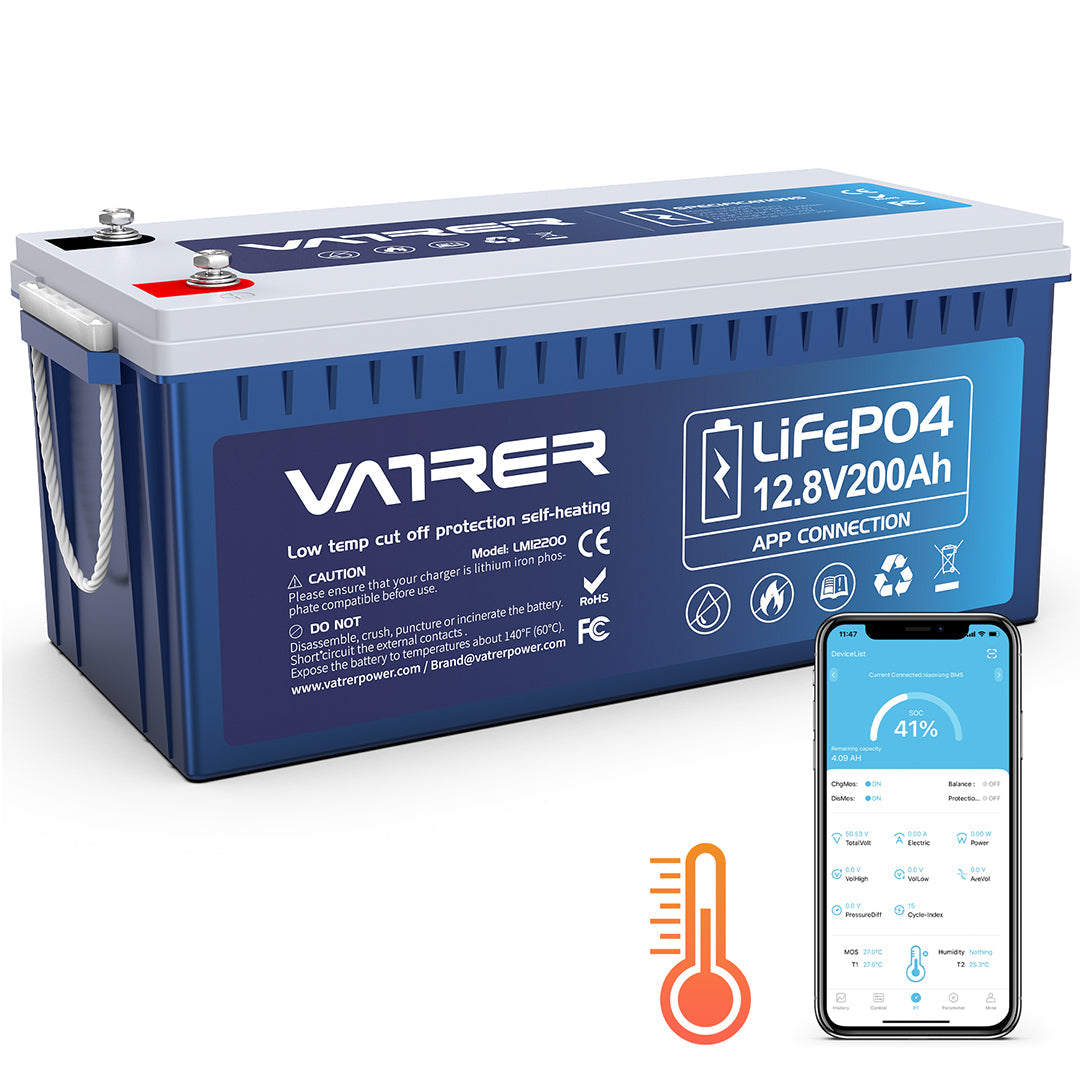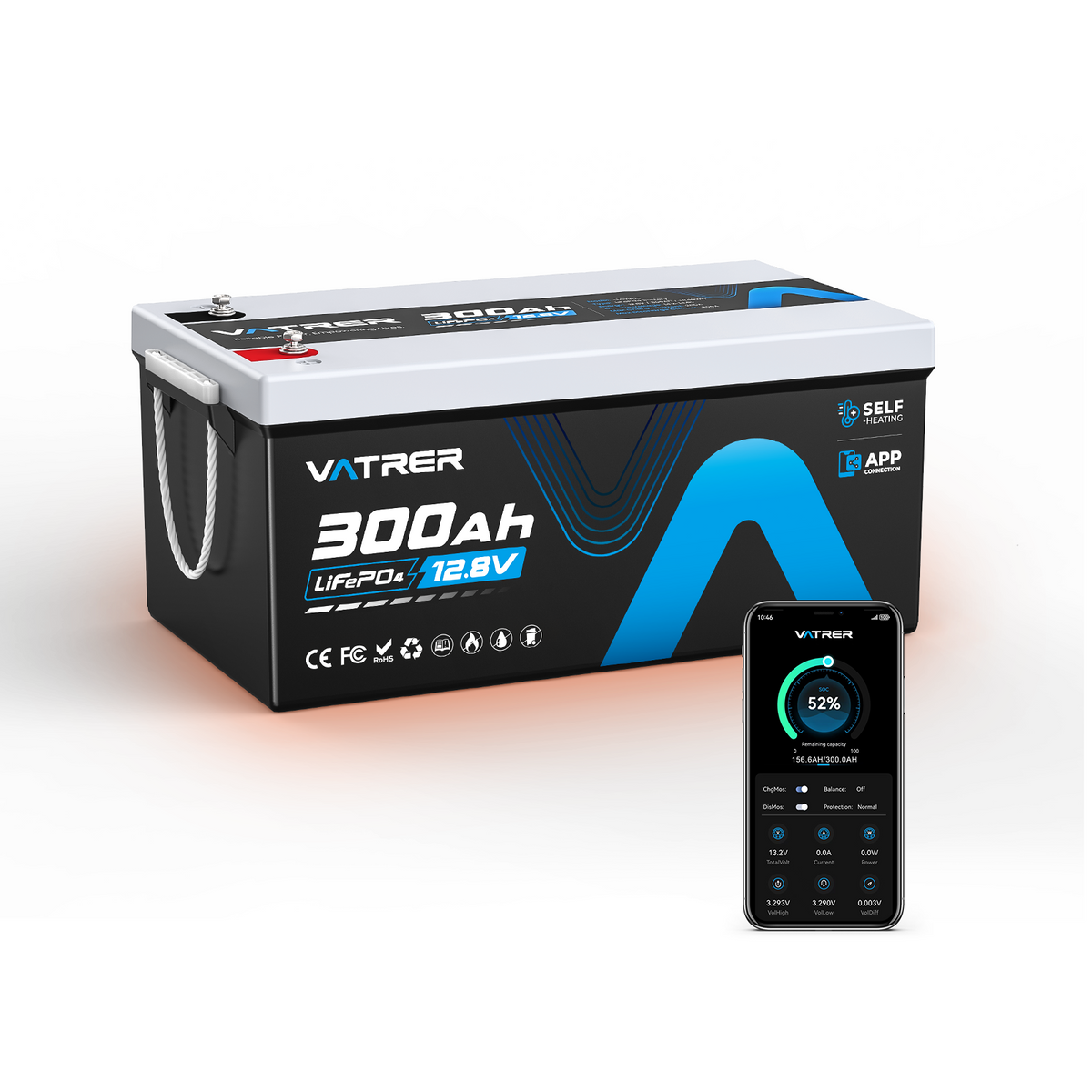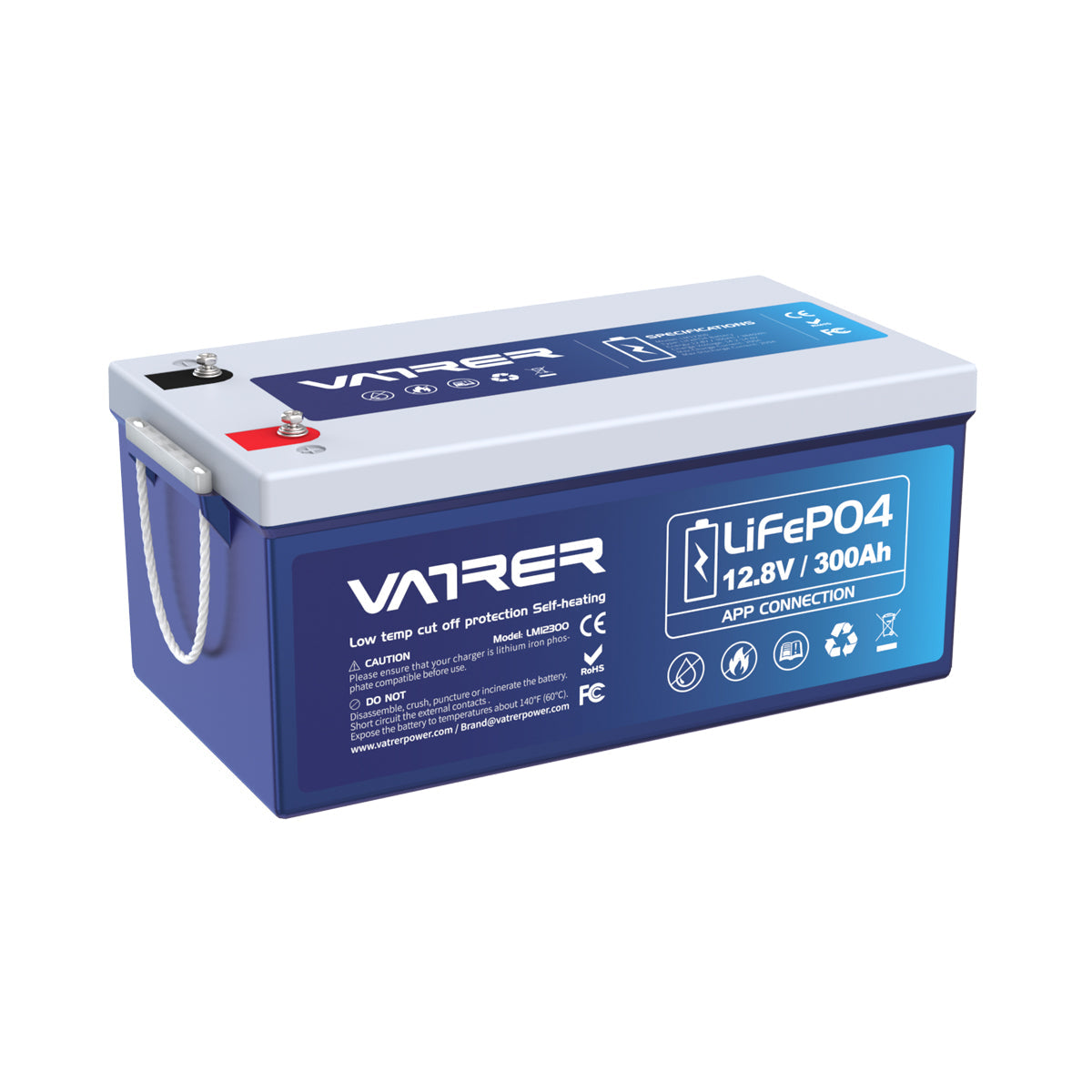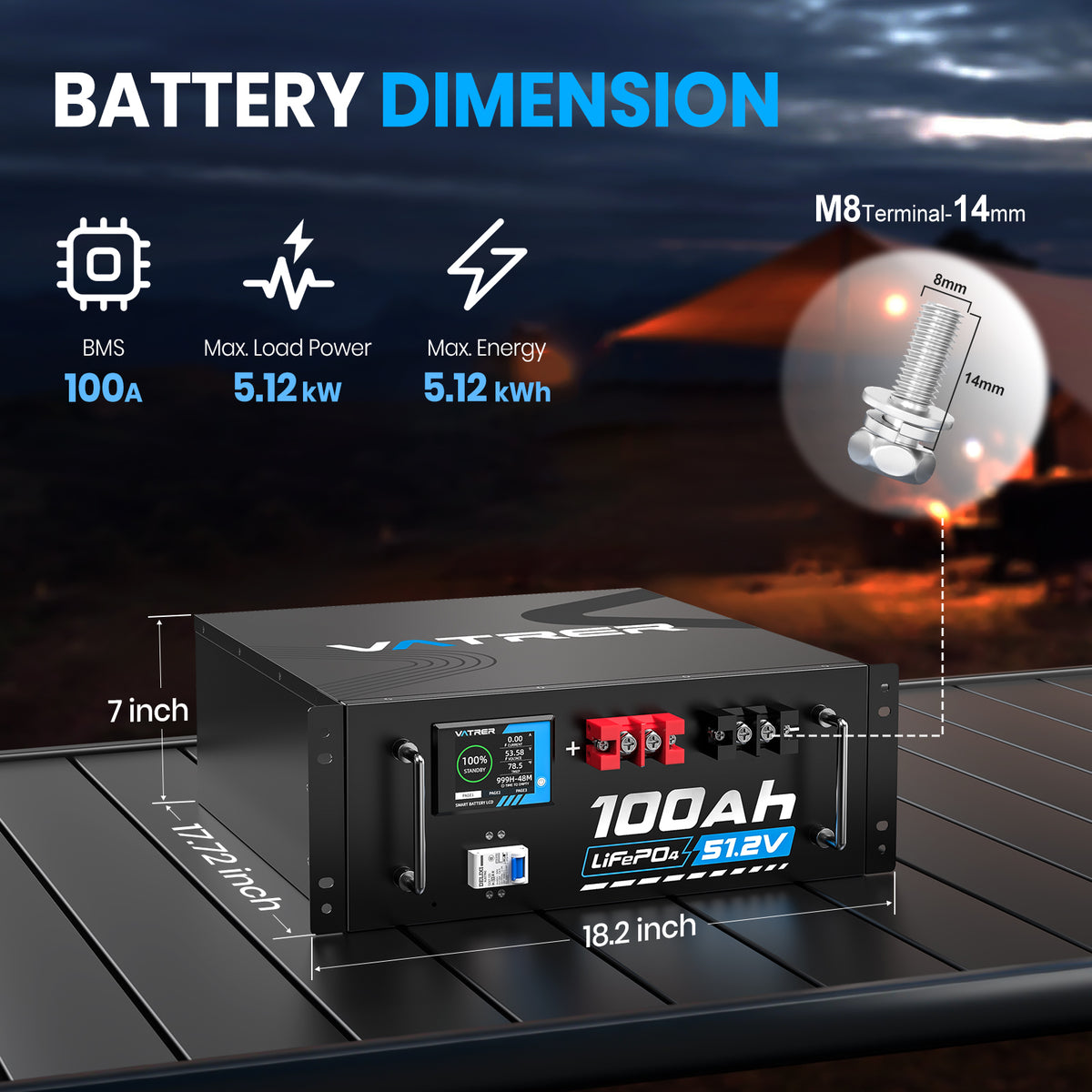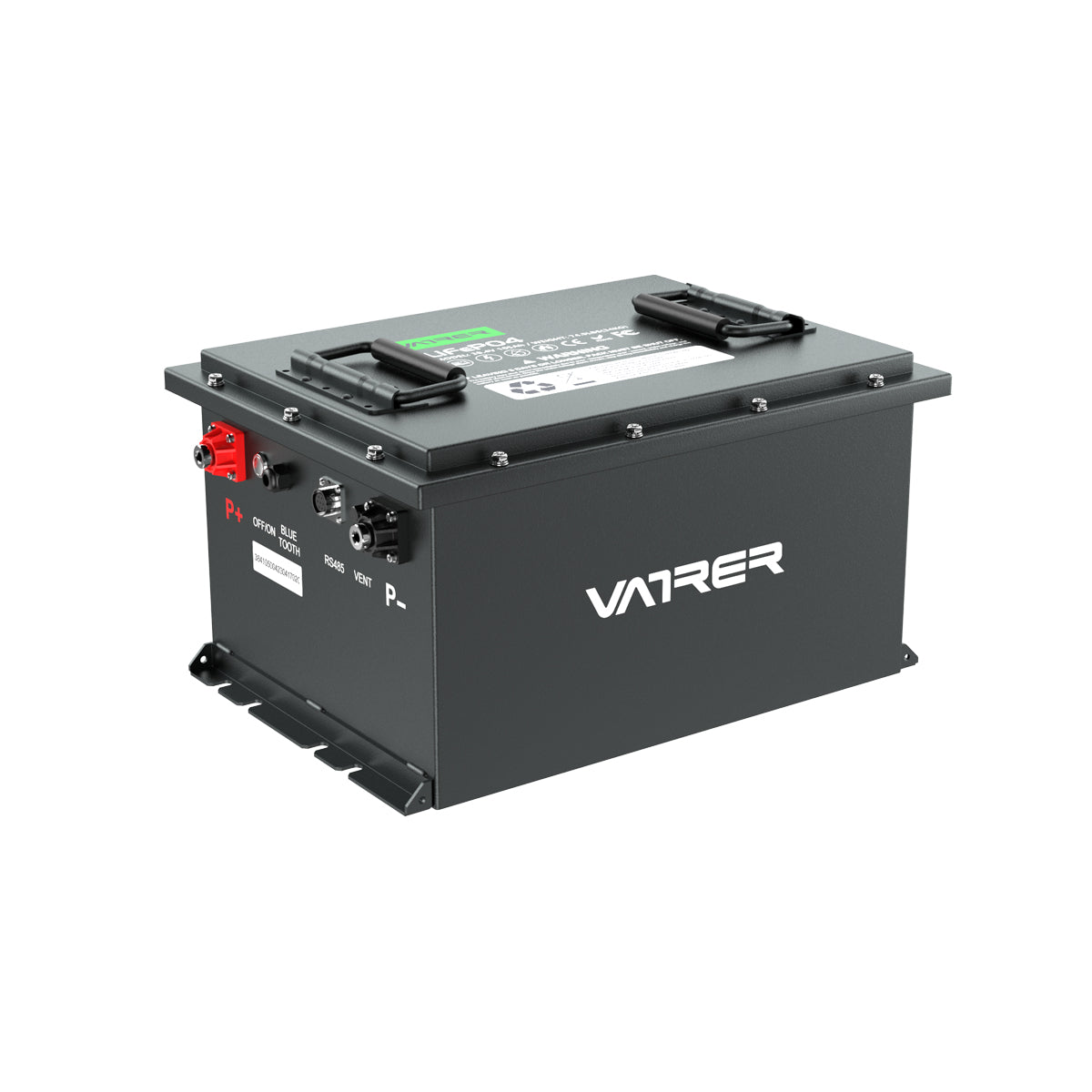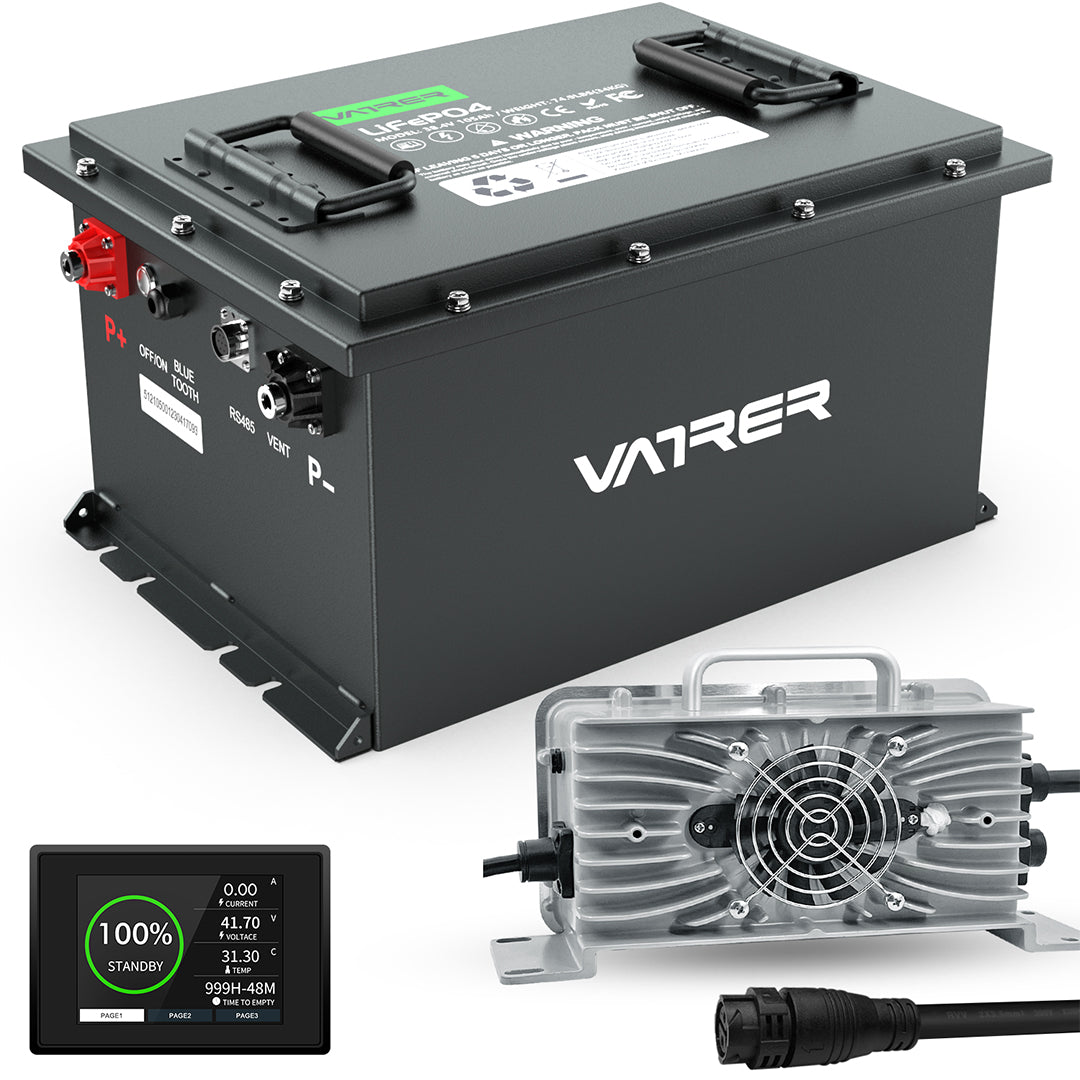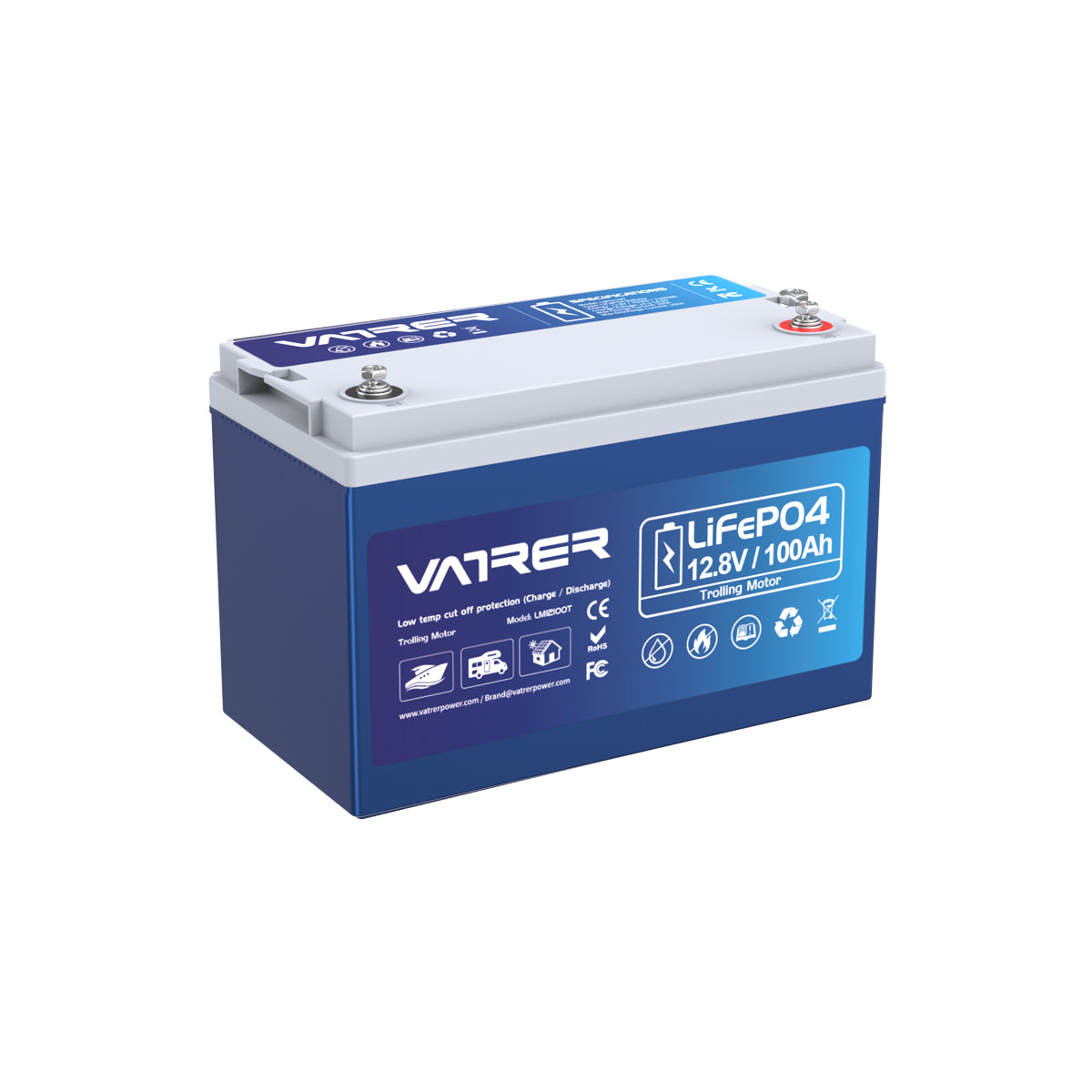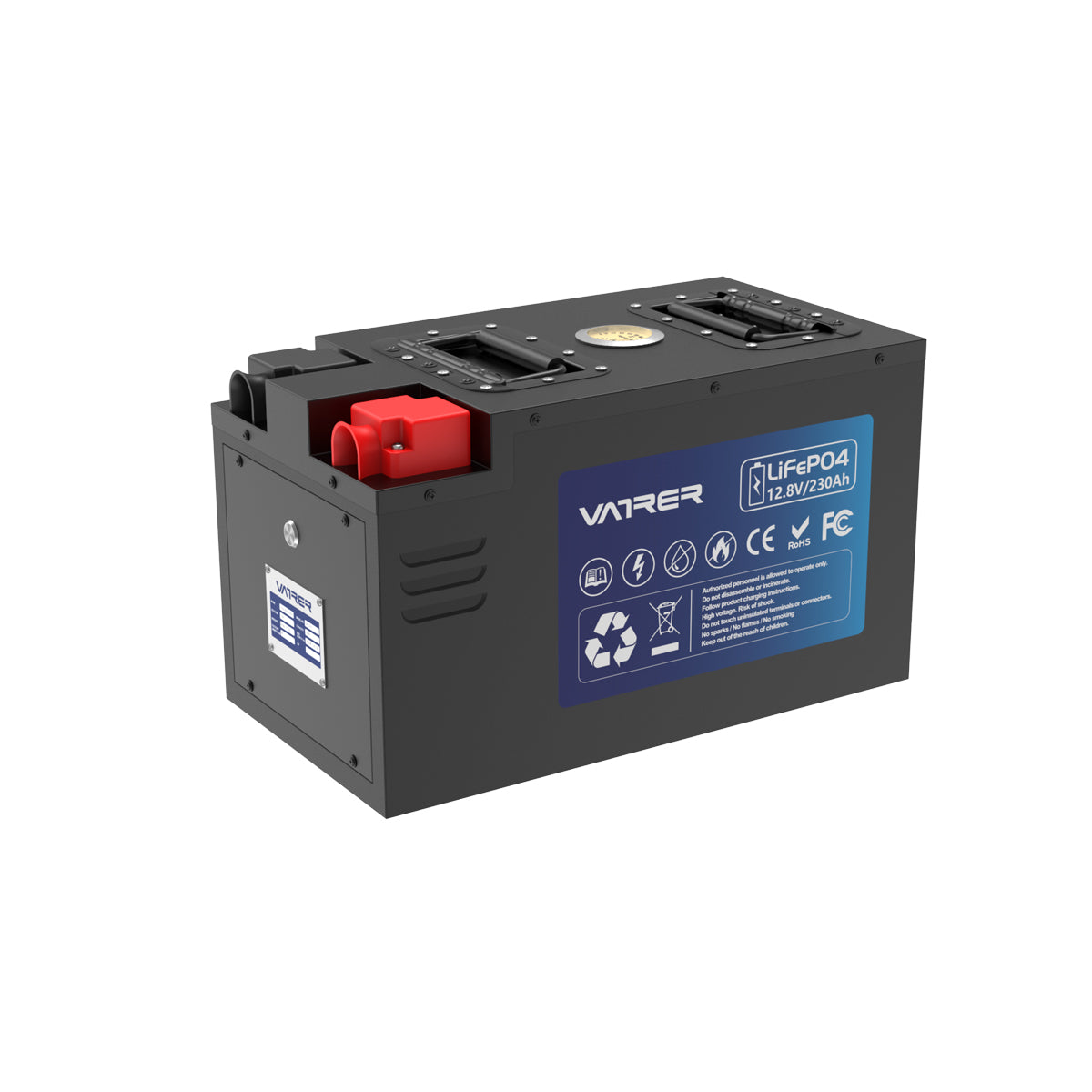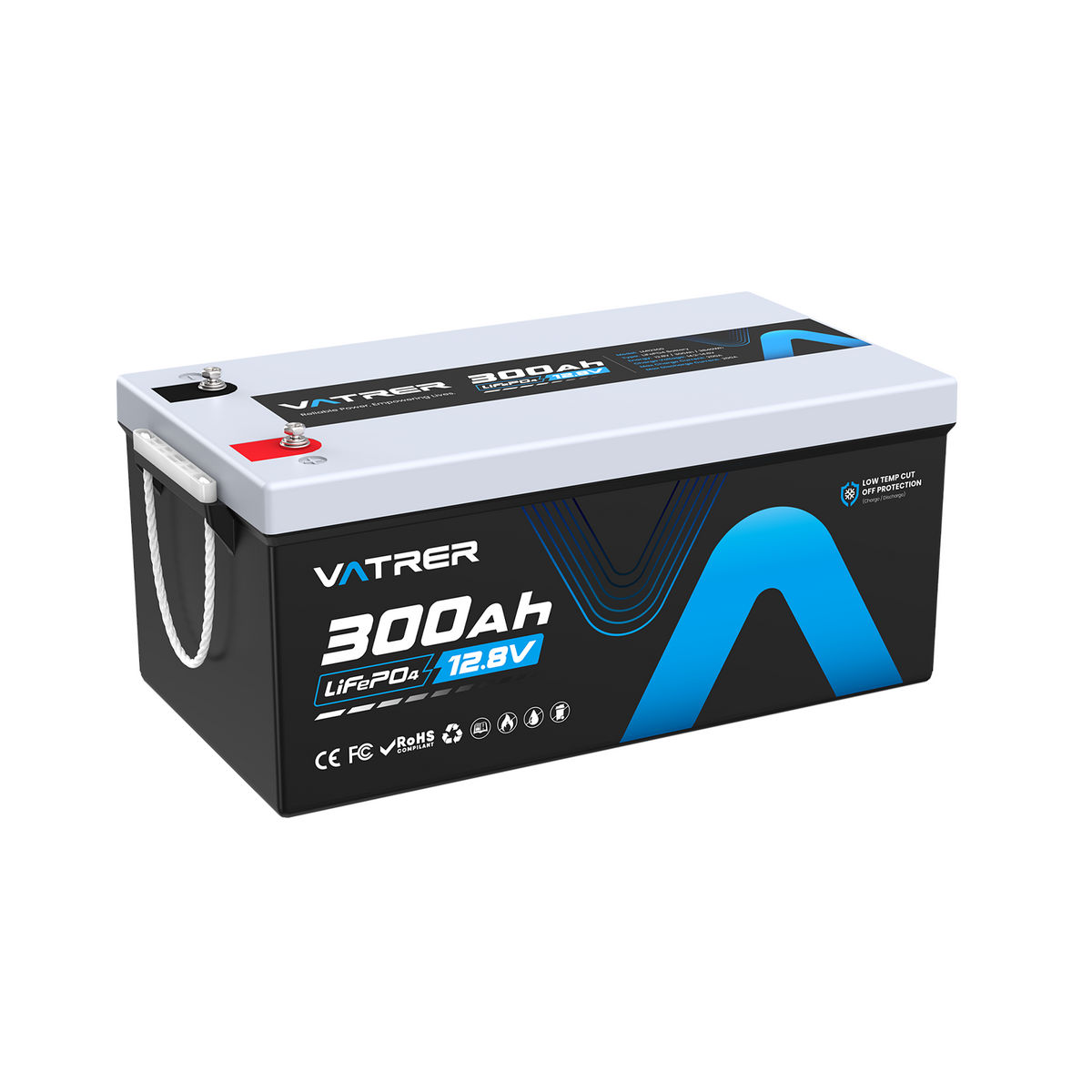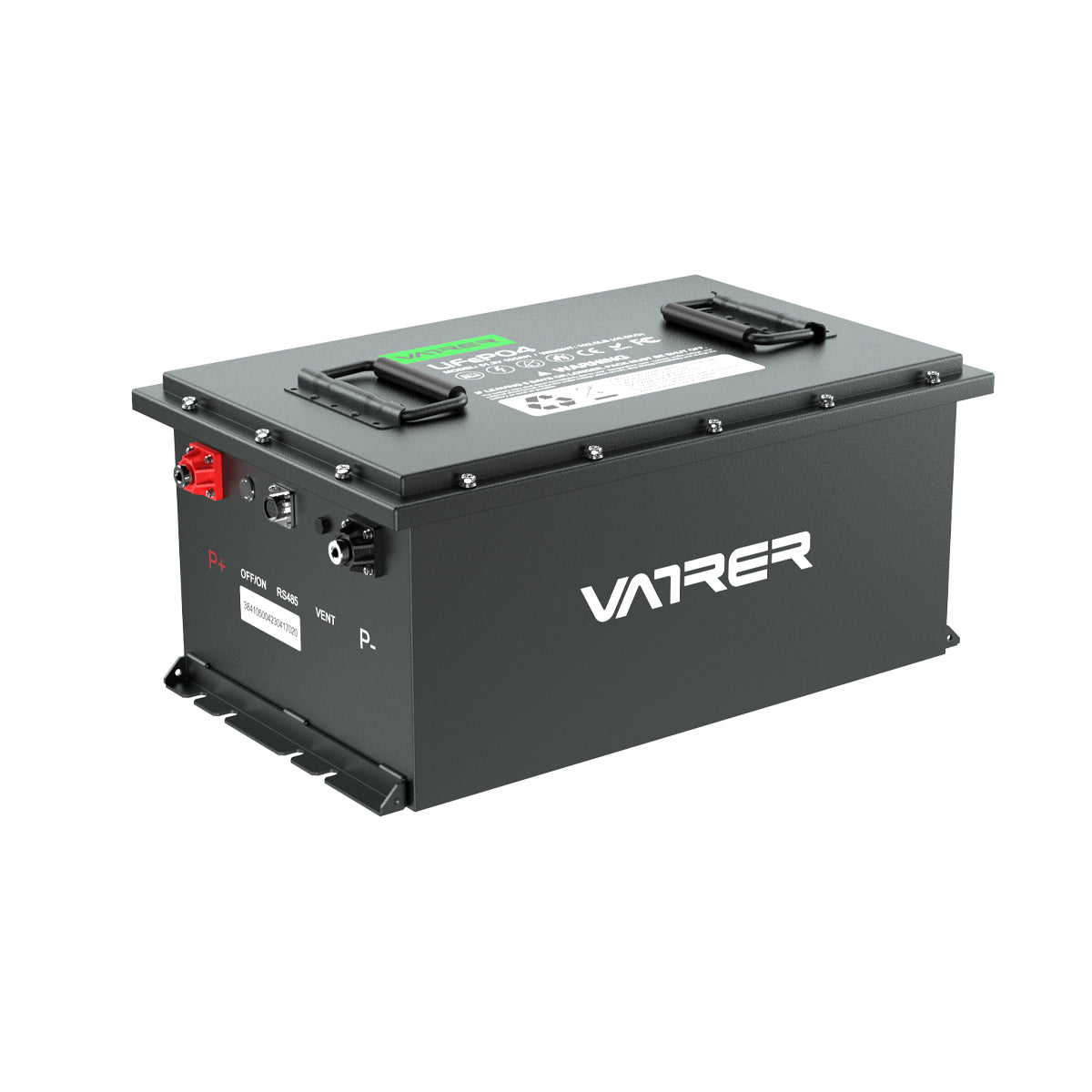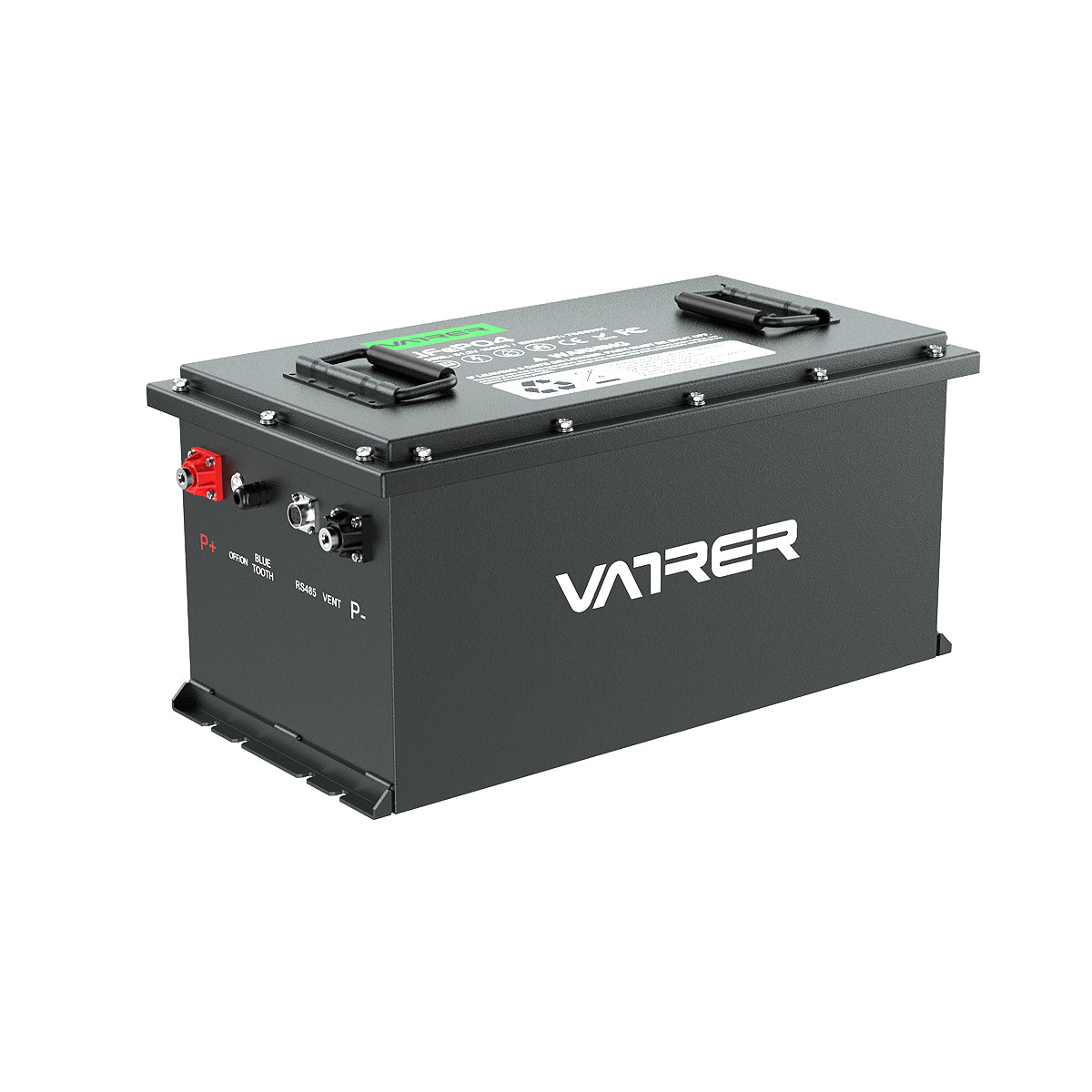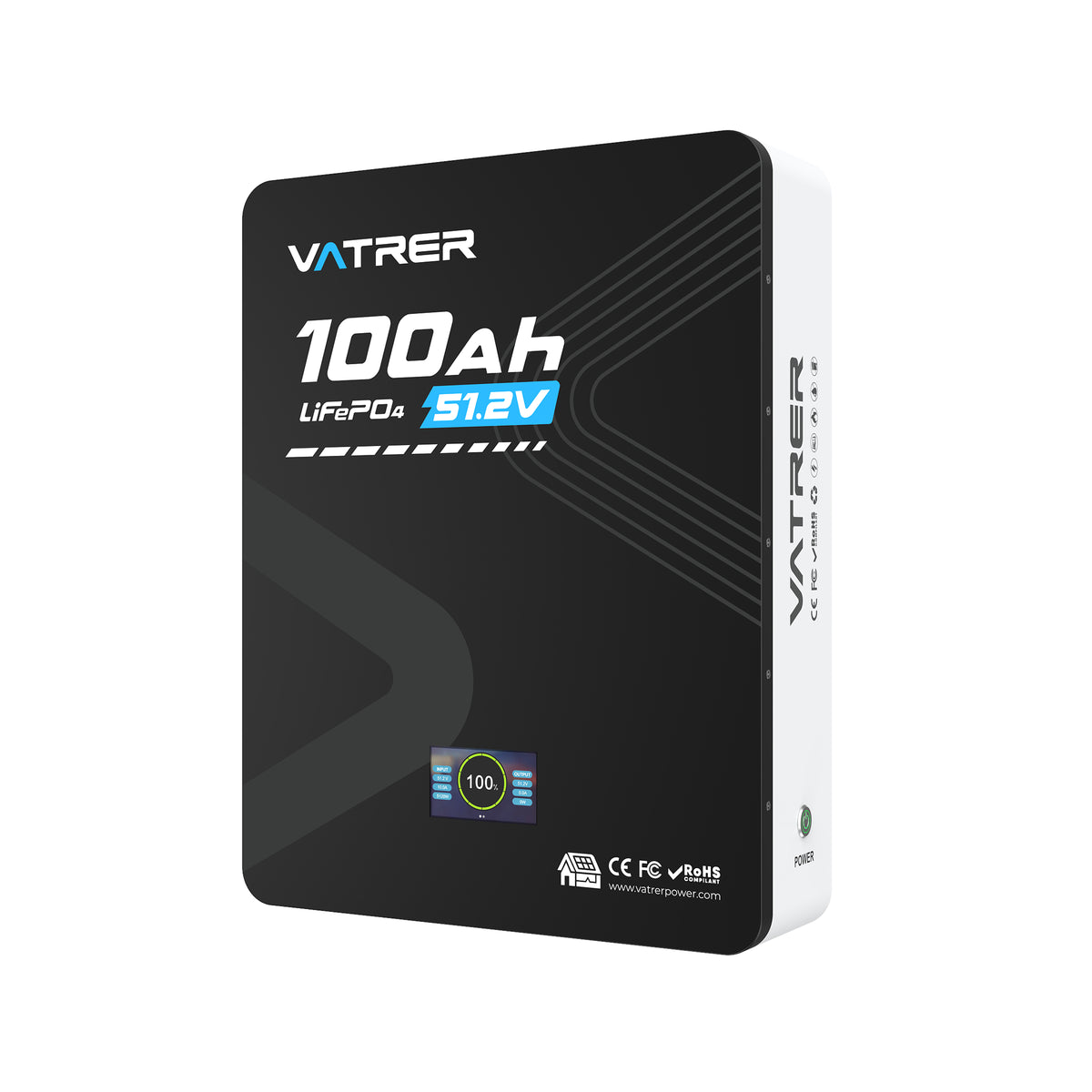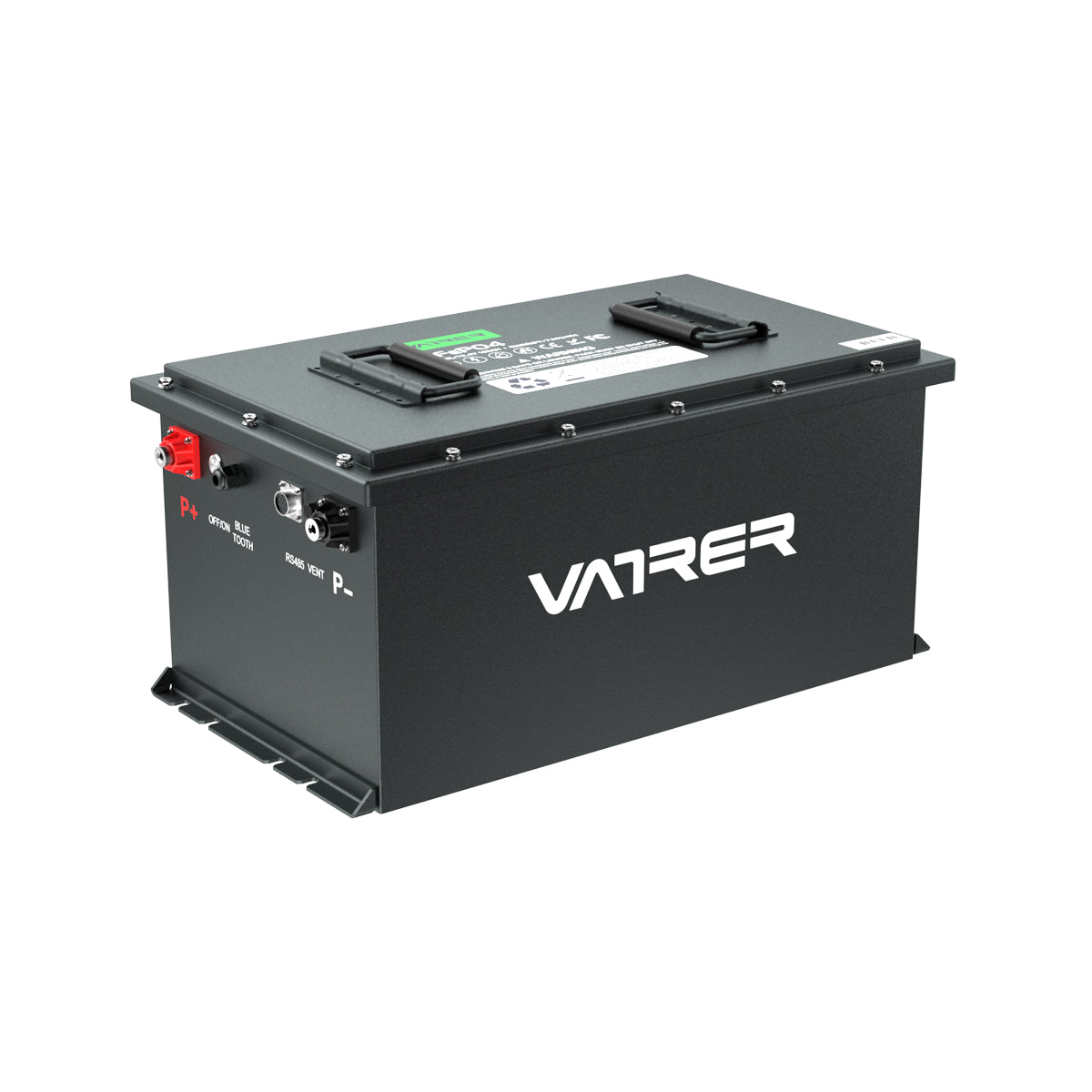1. Introduction
Overview of Solar Charging Technology
Solar charging technology has emerged as a pivotal innovation in the quest for sustainable energy solutions. By harnessing the power of the sun, solar chargers convert sunlight into electrical energy, providing a renewable and eco-friendly alternative to traditional power sources. This technology is particularly beneficial in remote areas where access to electricity is limited, offering a portable and efficient means of powering electronic devices.
Importance of Renewable Energy Sources
The global shift towards renewable energy is driven by the urgent need to reduce carbon emissions and combat climate change. Solar energy, as a clean and inexhaustible resource, plays a crucial role in this transition. It not only reduces reliance on fossil fuels but also promotes energy independence and security. The adoption of solar charging technology aligns with these goals, contributing to a more sustainable and resilient energy future.
Purpose of the Paper
This paper aims to explore the feasibility and practicality of using camera solar chargers to charge various types of batteries. By examining the underlying technology, compatibility considerations, and real-world applications, this study seeks to provide a comprehensive understanding of the potential and limitations of camera solar chargers in battery charging.
2. Understanding Camera Solar Chargers
Definition and Components
A camera solar charger is a device designed to charge camera batteries using solar energy. It typically consists of solar panels, a charge controller, and connectors compatible with camera batteries. The solar panels capture sunlight and convert it into electrical energy, which is then regulated by the charge controller to ensure safe and efficient charging.
How Camera Solar Chargers Work
Camera solar chargers operate by utilizing photovoltaic cells within the solar panels to convert sunlight into direct current (DC) electricity. This electricity is then passed through a charge controller, which regulates the voltage and current to match the charging requirements of the camera battery. The regulated power is delivered to the battery through compatible connectors, ensuring a safe and efficient charging process.
Types of Camera Solar Chargers
Camera solar chargers come in various types, each designed to cater to different needs and preferences. Portable foldable chargers are lightweight and compact, making them ideal for outdoor photography and travel. Integrated solar backpacks offer convenience by combining storage and charging capabilities. Additionally, there are universal solar chargers equipped with multiple connectors to accommodate various camera models and battery types.

3. Battery Charging Basics
Types of Batteries
Batteries come in several types, each with distinct characteristics and charging requirements. Common types include:
-
Lithium-ion (Li-ion): Known for high energy density and long cycle life, Li-ion batteries are widely used in cameras and portable electronics.
-
Nickel-Metal Hydride (NiMH): These batteries offer good performance and are often used in rechargeable AA and AAA batteries.
-
Lead-acid: Typically used in larger applications, such as automotive and backup power systems, due to their robustness and reliability.
Charging Requirements for Different Batteries
Each battery type has specific charging requirements that must be adhered to for optimal performance and longevity. Li-ion batteries require precise voltage and current regulation to prevent overcharging and overheating. NiMH batteries benefit from slow charging to avoid memory effect and prolong lifespan. Lead-acid batteries require a multi-stage charging process to ensure full charge and prevent sulfation.
Compatibility Considerations
When using a camera solar charger to charge batteries, compatibility is a critical factor. The charger must provide the appropriate voltage and current for the specific battery type. Additionally, the connectors must match the battery terminals to ensure a secure and efficient connection. It is essential to verify these compatibility aspects before attempting to charge a battery with a solar charger.
4. Using Camera Solar Chargers for Battery Charging
Step-by-Step Guide
-
Select a Compatible Charger: Choose a camera solar charger that matches the voltage and current requirements of your battery.
-
Position the Solar Panels: Place the solar panels in direct sunlight to maximize energy capture.
-
Connect the Battery: Use the appropriate connectors to attach the battery to the charger.
-
Monitor the Charging Process: Keep an eye on the charge controller to ensure the battery is charging correctly and safely.
-
Disconnect When Fully Charged: Once the battery is fully charged, disconnect it from the charger to prevent overcharging.
Advantages and Limitations
Advantages:
-
Portability: Camera solar chargers are lightweight and easy to transport, making them ideal for outdoor use.
-
Renewable Energy: They utilize solar power, reducing reliance on conventional electricity sources.
-
Cost-Effective: Over time, solar charging can reduce energy costs associated with battery charging.
Limitations:
-
Weather Dependency: Solar charging efficiency is affected by weather conditions and sunlight availability.
-
Charging Speed: Solar chargers may charge batteries more slowly compared to traditional chargers.
-
Initial Cost: The upfront cost of purchasing a solar charger can be higher than conventional chargers.
Safety Precautions
To ensure safe and effective use of camera solar chargers, consider the following precautions:
-
Avoid Overcharging: Disconnect the battery once fully charged to prevent damage.
-
Protect from Water: Keep the charger and battery dry to avoid electrical hazards.
-
Use Compatible Equipment: Ensure all components are compatible to prevent malfunctions.
5. Case Studies and Practical Applications
Real-World Examples
Several real-world examples highlight the successful use of camera solar chargers in various settings. Photographers on extended outdoor shoots have utilized solar chargers to keep their equipment powered without access to electricity. In remote research expeditions, solar chargers have provided a reliable power source for cameras and other electronic devices.
User Experiences and Testimonials
Users of camera solar chargers often report positive experiences, citing the convenience and reliability of solar charging in remote locations. Testimonials frequently mention the environmental benefits and cost savings associated with using renewable energy for battery charging.
6. Future Trends and Innovations
Emerging Technologies in Solar Charging
The field of solar charging is continuously evolving, with emerging technologies promising to enhance efficiency and usability. Innovations such as flexible solar panels and improved photovoltaic materials are expected to increase energy capture and reduce the size and weight of solar chargers.
Potential Improvements in Efficiency and Design
Future advancements in solar charging technology may focus on improving efficiency through better energy conversion rates and more effective charge controllers. Design improvements could include more compact and durable chargers, as well as enhanced compatibility with a wider range of battery types and electronic devices.
7. Conclusion
Summary of Findings
This paper has explored the feasibility of using camera solar chargers to charge various types of batteries. While solar chargers offer numerous advantages, including portability and renewable energy use, they also present limitations such as weather dependency and slower charging speeds. Compatibility and safety considerations are crucial for successful battery charging.
Final Thoughts on the Feasibility and Practicality
Camera solar chargers represent a viable option for charging batteries, particularly in remote or outdoor settings where traditional power sources are unavailable. As technology advances, the efficiency and practicality of solar chargers are expected to improve, making them an increasingly attractive solution for sustainable energy needs.





